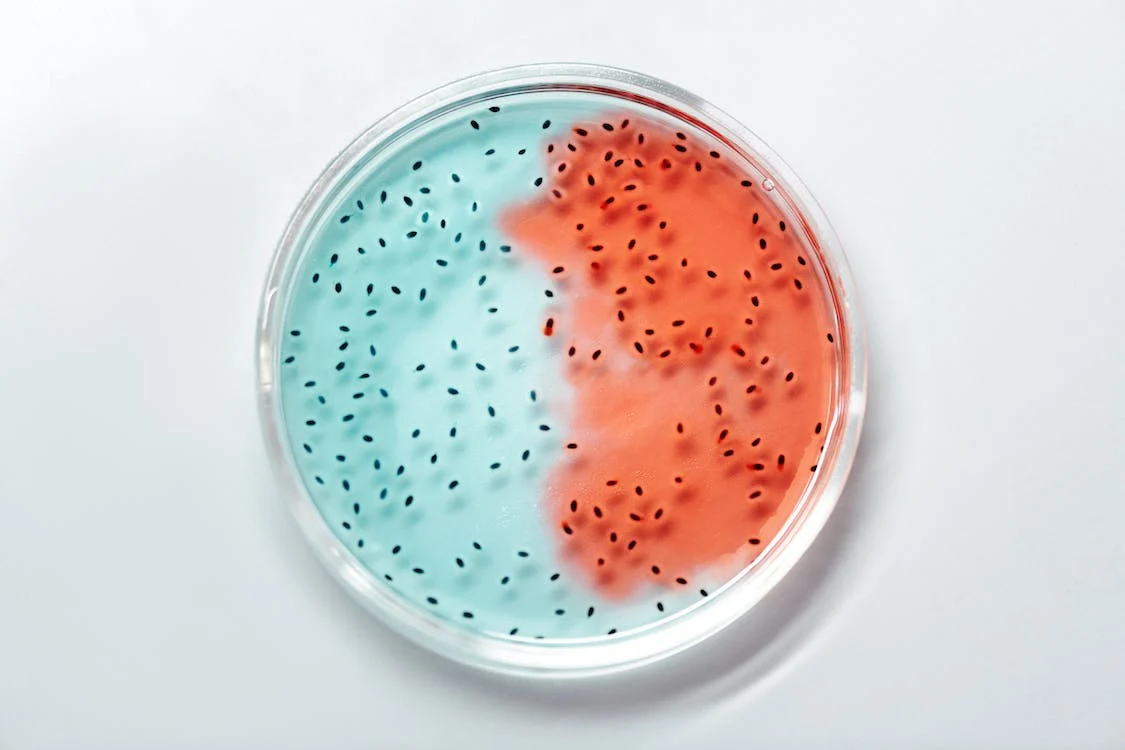On Wednesday, May 15, 2024 from 5:30pm - 6:30pm, we are hosting a FREE Foot Pain Workshop [ Online
] - Click here for more info
March 16, 2023

The gut microbiome refers to the collection of microorganisms that are in our human digestive tract. These microorganisms, which include bacteria, viruses, fungi and other microbes, play an important role in maintaining digestive health and overall wellness. No worries, while we typically hear “bacteria, virus, fungi” and thing bad invaders, there is also GOOD versions of these microorganisms.
The gut microbiome is thought to have several functions in the body, including:
When you feel nervous or stressed, do you ever experience a tummy ache? There is a direct neurological connection between your gut and brain.
Sugar and sugar substitutes can feed particular strains of (not so great) bacteria in the gut and create imbalances. While diet beverages boast zero-calorie benefits, the zero-calorie sugar substitutes they have been found to feed unhelpful strands of gut microorganisms. Feeding these can cause them to grow, become unbalanced with good microorganisms, and create unwanted health effects and create cravings for more sugary, processed types of food.
Consuming inflammatory fats, sugar and sugar substitutes, and highly processed foods can all eventually lead to leaky gut syndrome. This is where your protective barriers aren’t working and larger molecules can pass into your blood stream thus further enhancing diseases mentioned above.
Factors that can affect the gut microbiome include diet, antibiotic use, stress, and lifestyle factors. Eating a diet rich in fiber and fermented foods can help to promote a healthy gut microbiome, while taking antibiotics or consuming inflammatory fats and highly processed foods can disrupt the balance of microorganisms in the gut.
Maintaining a healthy gut microbiome is important for overall health and well-being, and there is ongoing research exploring the potential therapeutic uses of probiotics and other interventions for promoting a healthy gut microbiome. From current evidence, we see that probiotics may be beneficial during and after use of antibiotics, but probiotics will not help you outrun poor diet choices.